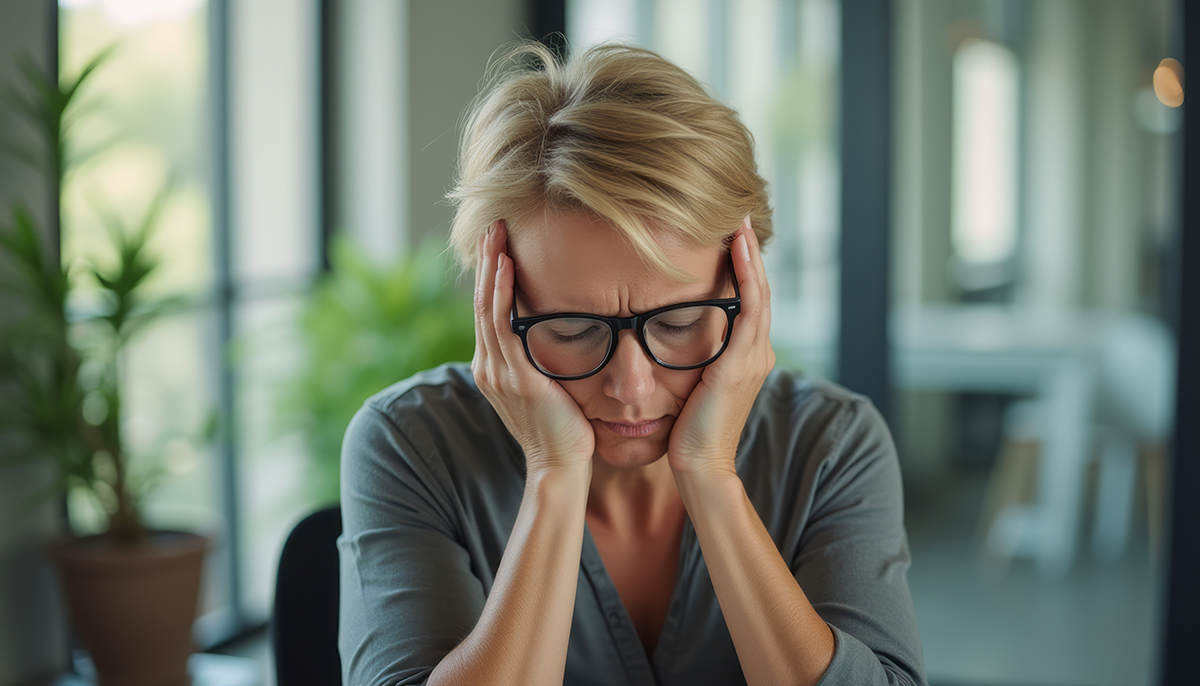
Depression is one of the most common mental health challenges, yet it can feel deeply isolating. It affects your mood, thoughts, energy levels, relationships, and even your physical health. But it’s important to know that you’re not powerless. There are practical, evidence-based tools that can help you cope and heal. In this blog, we’ll explore effective depression coping skills that can make a meaningful difference in your daily life and long-term recovery.
Depression is more than just feeling sad or unmotivated. It’s a persistent condition that can cause:
It’s important to recognize that depression is a medical condition, not a personal failure. While professional help is often necessary, self-help strategies—known as depression coping skills—can play a vital role in your healing journey.
Depression coping skills are techniques and habits that help you manage symptoms, build resilience, and regain a sense of control. They can:
When used consistently, these tools work alongside therapy, medication, or other treatments to support your overall well-being.
Depression can disrupt your sense of time and structure. Creating a simple, manageable routine can provide a sense of stability and accomplishment.
How to build a routine:
Why it works:A routine minimizes decision fatigue and helps you maintain some sense of normalcy. This is one of the most basic yet powerful depression coping skills.
Mindfulness encourages you to stay present, reducing overthinking and self-critical thoughts that often accompany depression.
Try these mindfulness practices:
Why it works:Mindfulness interrupts the negative thought loops common in depression and promotes a sense of calm.
Exercise may feel impossible when you’re depressed, but even light movement can have a noticeable impact on your mood.
Ways to get moving:
Why it works:Physical activity releases endorphins and serotonin—brain chemicals that improve mood and reduce stress. That’s why movement is a key part of many depression coping skills plans.
Depression often distorts your thinking, making you believe things are worse than they are. Learning to challenge these thoughts is an essential depression coping skill.
How to challenge thoughts:
For example: “I’m a failure” can be reframed as “I’m struggling right now, but I’ve overcome challenges before.”
Why it works:This cognitive restructuring technique, used in Cognitive Behavioral Therapy (CBT), helps break the cycle of self-defeating thoughts.
Isolation makes depression worse, but reaching out to someone you trust can ease loneliness and provide emotional relief.
Ways to connect:
Why it works:Human connection reminds you that you’re not alone. Talking to someone can also provide a fresh perspective and emotional support.
Depression can take away your sense of pleasure, but engaging in enjoyable activities—even if they don’t feel fun at first—can slowly lift your mood.
Ideas to try:
Why it works:Pleasurable activities stimulate the brain’s reward system and create moments of relief, even if they’re brief.
It’s easy to focus on the negatives when you’re depressed. Shifting your attention, even slightly, toward gratitude can improve your perspective.
How to practice:
Why it works:Gratitude and self-compassion reduce the harsh self-criticism that fuels depression and build emotional resilience.
Large tasks can feel impossible when you’re depressed. Breaking them into tiny, achievable steps makes them more manageable.
How to do it:
Why it works:Small actions build momentum and counter the sense of helplessness that depression creates.
Your physical health can impact your mental health. Basic self-care is a vital part of depression coping skills.
Healthy habits:
Why it works:Physical well-being supports brain health, energy levels, and emotional stability.
While self-help tools are valuable, they’re not always enough for moderate or severe depression. Professional help can include:
Why it works:Professional care provides personalized strategies and ongoing support to help you recover more effectively.
No single tool will “fix” depression, but layering multiple depression coping skills creates a strong foundation for healing. For example, you might:
Over time, these small habits accumulate, making depression more manageable.
If you notice your depression worsening or you’re having thoughts of self-harm or suicide, seek immediate help. Call a mental health professional, contact a crisis hotline, or go to the nearest emergency room. You are not alone, and help is available.
Depression can feel like an endless shadow, but it doesn’t have to define your life. By integrating depression coping skills—like mindfulness, connection, movement, and self-compassion—you can create moments of light even in the darkest times. Remember, progress is often slow but still meaningful. Every small step matters.
If you’re struggling, don’t hesitate to reach out for professional help. Healing is possible, and you deserve support on this journey.
Need Support?Our clinic offers compassionate, evidence-based care tailored to your needs, including therapy, medication management, and personalized depression coping skills. Contact us today to take the first step toward hope and healing.